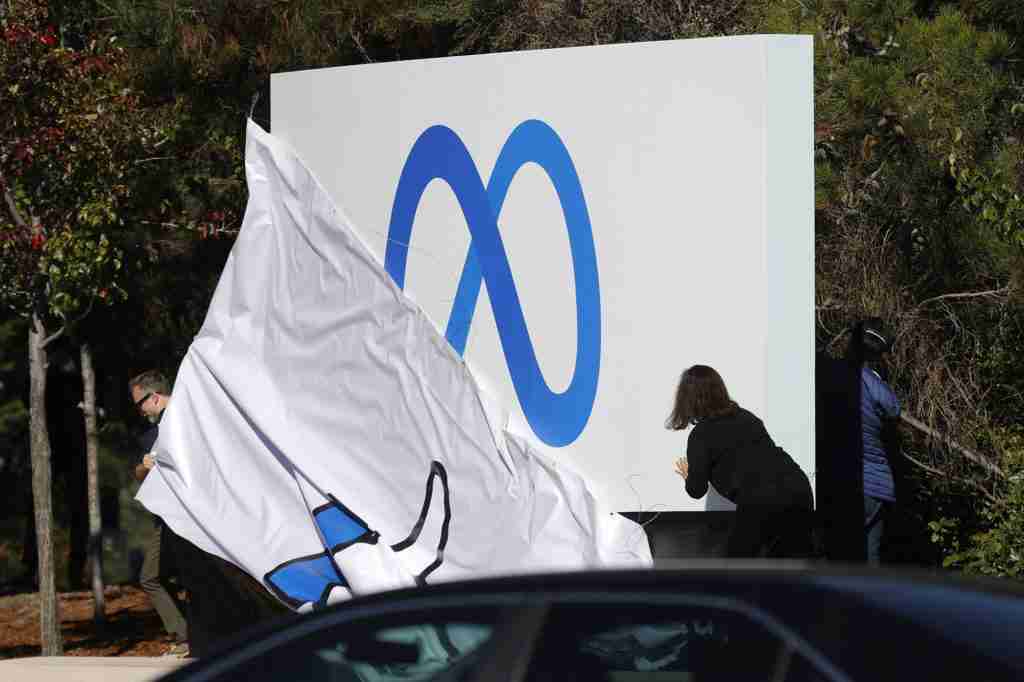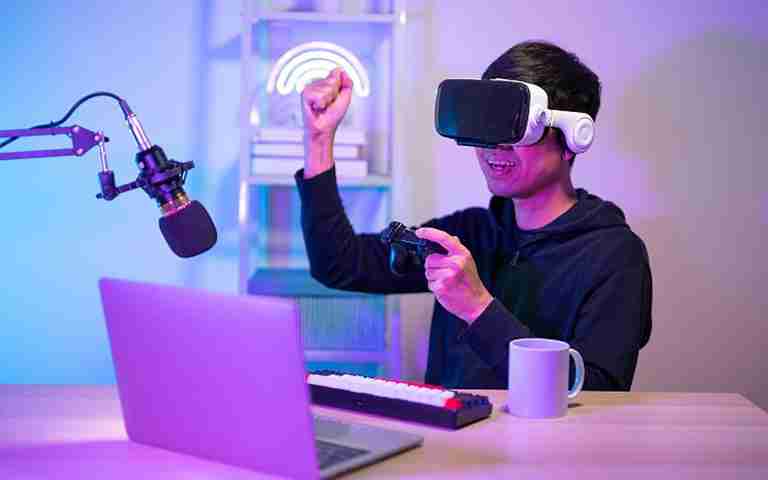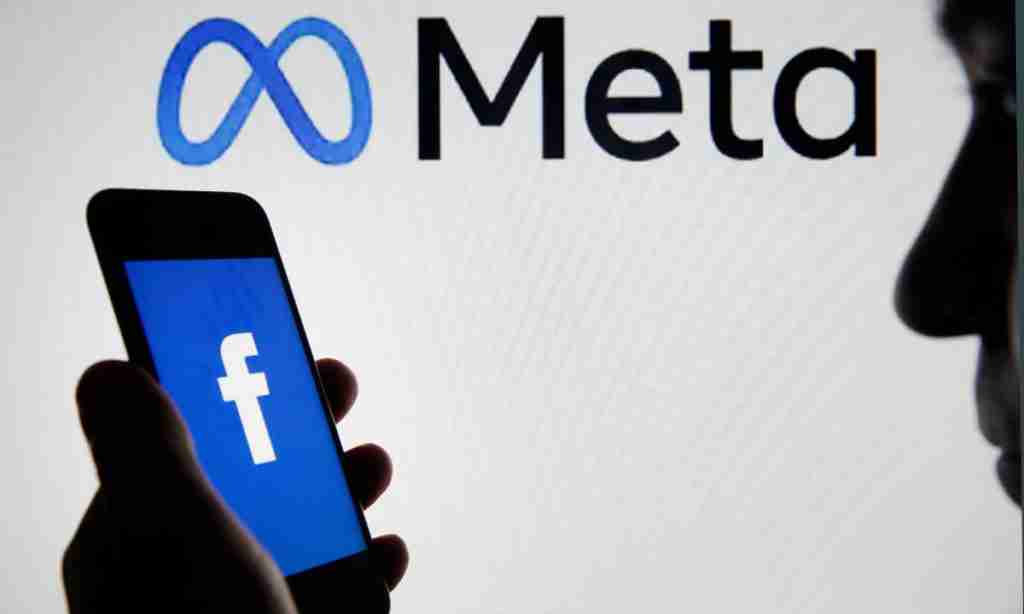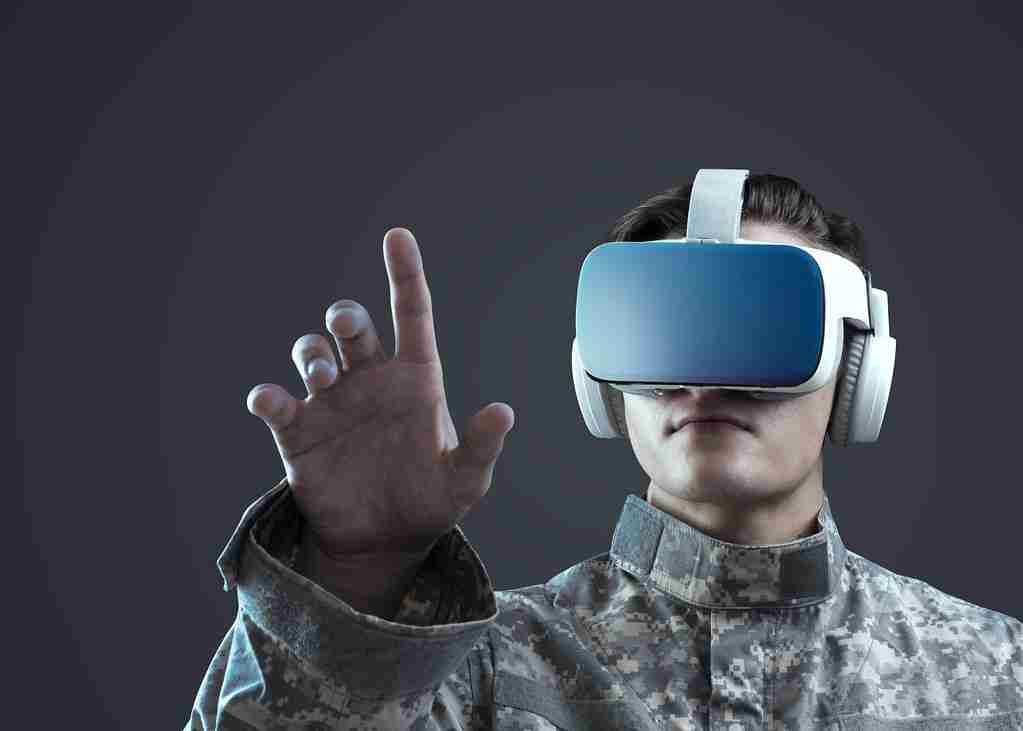VR
 2025.10.24
2025.10.24
14:38
 2025.10.20
2025.10.20
18:08
10:50
 2025.09.26
2025.09.26
09:19
 2025.09.22
2025.09.22
09:26
 2025.09.18
2025.09.18
19:44
 2025.09.04
2025.09.04
09:20
 2025.09.02
2025.09.02
21:55
11:40
 2025.07.29
2025.07.29
23:26
 2025.07.23
2025.07.23
15:33
 2025.07.18
2025.07.18
15:36
 2025.06.27
2025.06.27
16:27
 2025.06.26
2025.06.26
19:01
17:11
Load More
Email Subscription
Newsletters and emails are now available! Delivered on time, every weekday, to keep you up
to date with North American business news.
Weekly Highlights



.jpg)









